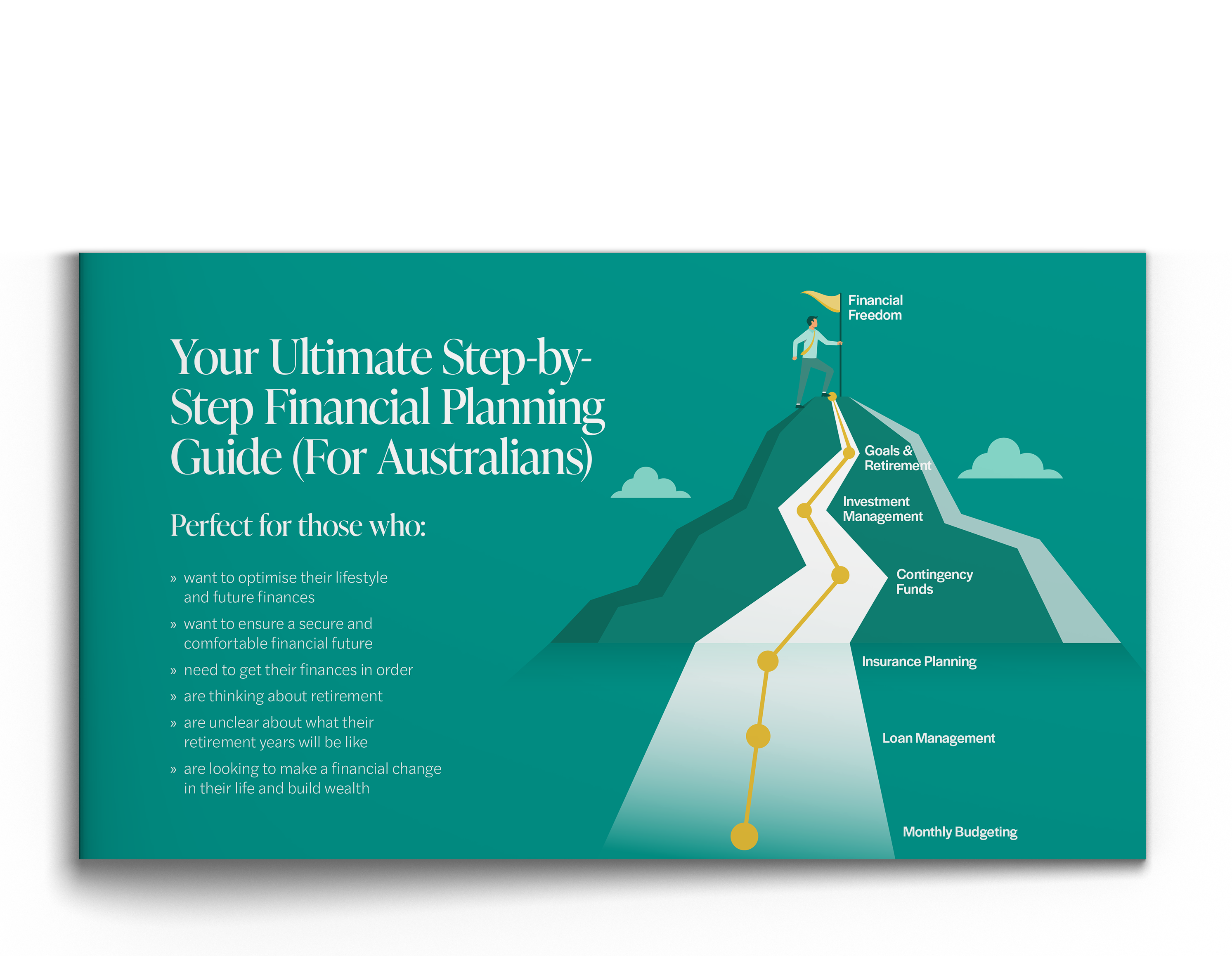This year’s cut off to make additional contributions to superannuation was 30 June. Missed it? Don’t despair, there’s a loophole if you still want to make contributions. Now is the time to set up or adjust your salary sacrifice arrangements.
What is salary sacrifice?
Salary sacrificing is nowhere near as terrifying as it sounds. Many of us will have the option to make salary sacrifice arrangements at some point in our careers. The arrangement exists between you and your employer, wherein you forego or sacrifice a portion of your salary to receive benefits of the same value from your employer.
You might make $100,000 a year, but choose to receive $85,0000 as income and put $15,000 towards a car loan, school fees or your super as a benefit.
Before you rush back to your employer and ask to salary sacrifice your car loan or school fees it is important to note that these benefits are subject to fringe benefits tax which is why there are not widely offered by employers, however, salary sacrifice to super is not. Another benefit of salary sacrifice is reducing your income in turn reduces your income tax. The arrangements you make are based on personal factors, such as salary, cashflow needs, and the concessional cap.
How much can I salary sacrifice to super?
Salary sacrificed super contributions are still considered employer contributions. This means there’s a cap on the amount you can contribute.
Concessional contributions are made to your superannuation fund before tax. You may choose to salary sacrifice some payments yourself to your super fund, where they are taxed at a rate of 15%. There is a cap on the contributions you can make yearly, and if you exceed this cap, you may have to pay more tax.
Though there has not been any changes to the concessional cap, changes in your personal circumstances may affect your contributions. If your salary has increased, so has your super guarantee (i.e. your employer’s requirement to contribute to your super from your earnings) and so your salary sacrifice payments may need to be reduced. Alternatively, as your cashflow needs change, so too does the amount of your salary sacrifice arrangements.
What happens if I didn’t make any contributions last year?
Since 1 July 2018, some Australians may have been able to carry forward any unused concessional contributions. If you have a total superannuation balance of less than $500,000 before 30 June of the previous financial year, you are able to contribute more to your super. This way, even if you were slow off the mark this year you can make up for the opportunity you missed prior to 30 June.
Salary sacrifice is usually considered best for mid to high-income earners. Our financial planners can help you figure out if salary sacrifice is the right option for you. Contact Green Associates today to get started.

